Don’t Wait to Get Breastfeeding Support
“I wish I had found you sooner.”
Chelsea Carver, International Board Certified Lactation Consultant, hears this a lot from moms in her office.
Chelsea shares, “Women are strong and can endure a lot. And yet, in the vulnerable postpartum period, everyone deserves support to feed their baby and help them have a comfortable, enjoyable experience.”
It’s beyond getting breastfeeding tips.
Did you know that maternal confidence is identified as a primary factor in a mother’s ability to achieve her breastfeeding goals?
Building confidence may look unique to each mother, but one common element is receiving informed support from an expert.
Having an IBCLC in your corner early on helps resolve common nursing problems like nipple pain while feeding, and prevent unnecessary struggles that lead moms to search: “how to increase milk supply” or “best breastfeeding positions” at 2 a.m..
“Waiting to get help can have lasting impacts on mother’s milk supply, baby’s overall willingness and ability to feed at the breast, and challenge mom’s feeding goals if her experience is compromised,” says Chelsea.
While breastfeeding support groups play a role, and can provide a sense of community in an otherwise isolating time, “getting professional help early is irreplaceable.”
Get help now: chelsea@mynovabirth.com
Working with an IBCLC means:
Assessment:
Prenatal assessment, counseling, and personalized breastfeeding education
History intake of the mother and baby
Infant feeding assessment with weighted feed
Counsel:
Counseling for special circumstances such as children with chronic illness, tandem feeding or feeding of multiples, and feeding adoptive children
Supporting the parent who exclusively pumps and bottle feeds, or does complementary feeding with breastmilk and formula
Counseling through the introduction of solids and considerations for how long a mom would like to breastfeed or pump
Education:
Educate on oral restrictions (tongue, lip, and cheek ties) and their impact on breastfeeding, and refer for assessment and revision
Education on the proper use of lactation tools and how to wean off of these tools such as pumps, nipple shields, finger or tube feeding, and bottle feeding
Care:
Troubleshooting feeding issues such and maternal pain and discomfort with poor latch, damaged or sore nipples, clogged ducts, or mastitis
Making a care plan for returning to work
Improve low milk supply or slow infant weight gain
Emotional support through the nursing journey until you are ready for weaning.

